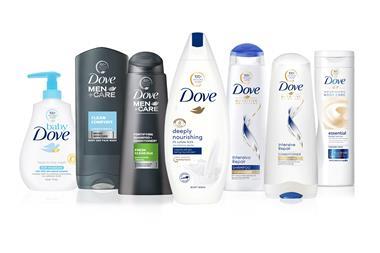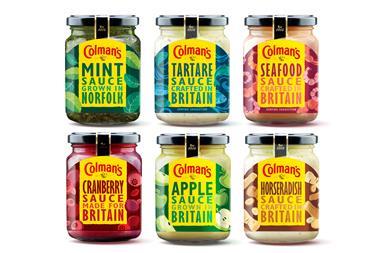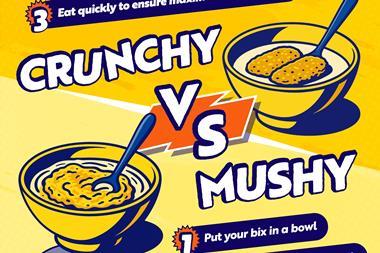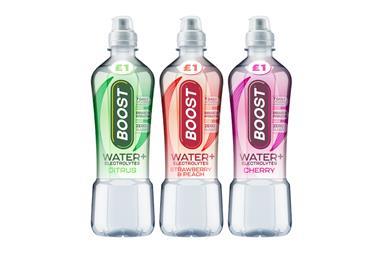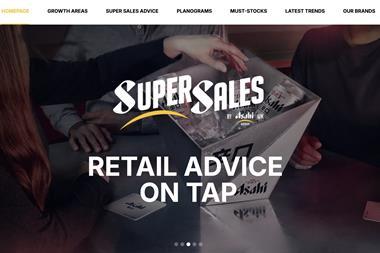Unilever announces new commitments on plastic waste

Unilever, owner of brands including Dove, Ben & Jerry’s, Lipton and Omo, has committed to reducing plastic waste and helping to create a circular economy for plastics.
ALREADY HAVE A REGISTERED USER ACCOUNT? PLEASE LOG IN HERE
To read the full story join the ConvenienceStore.co.uk community today!
Registration is quick and easy and provides access to:
- Unlimited ConvenienceStore.co.uk articles
- Our great range of newsletters
- Content you’ve saved for later via the ‘my library’ feature
And much more…






















